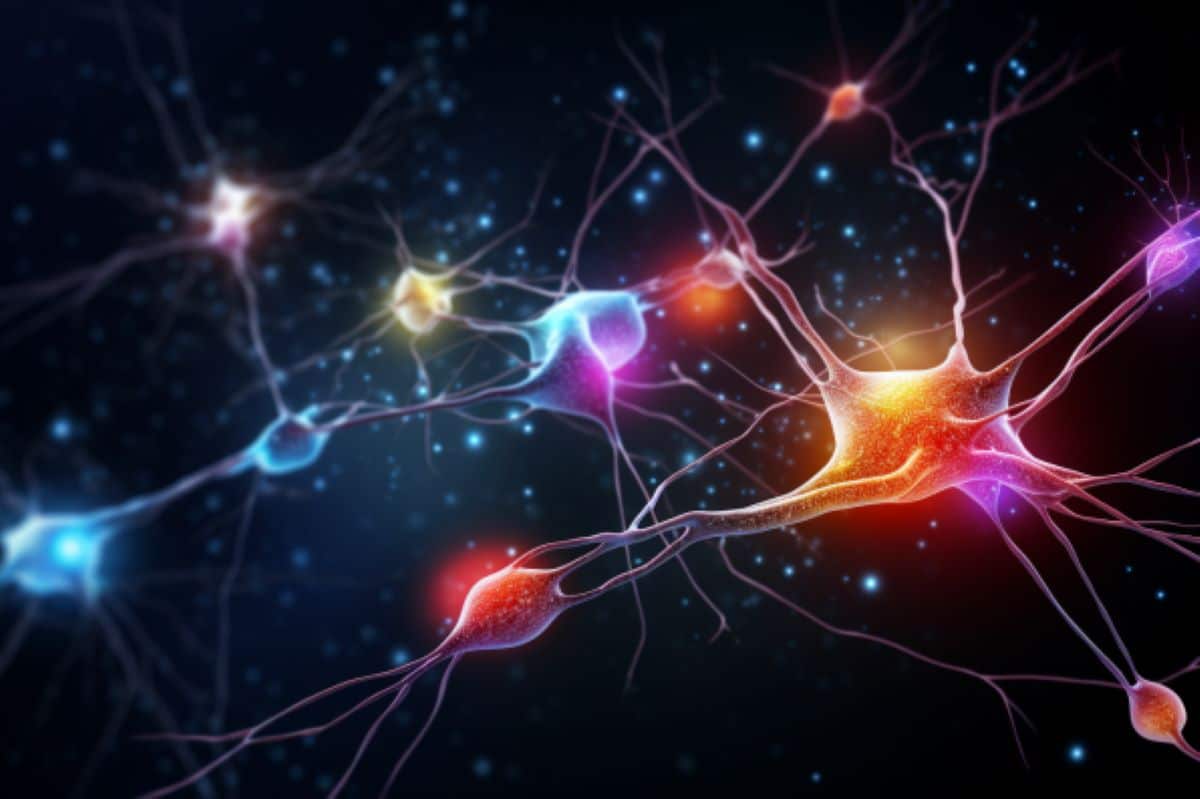This sounds extremely important to stroke recovery. What is your doctor doing to ensure you have this ability?
Do you prefer your doctor and hospital incompetence in this NOT KNOWING? OR NOT DOING?
Could Neurogenesis and Navigating Change Be Key to Cognitive Flexibility?
Summary: Researchers are closing in on the relationship between cognitive adaptability and adult neurogenesis. They developed a novel animal model to test cognitive flexibility by adding layers of complexity to a maze challenge. This revealed that gamma-radiation hindered cognitive adaptability and specific newly-generated neurons responded distinctively to the task. Aging and neurogenesis in the hippocampus, it seems, are deeply connected to cognitive flexibility.
Key Facts:
- The study utilized an innovative maze test, wherein mice had to adapt to changing cues to locate a submerged platform.
- Gamma-radiation exposure impacted cognitive flexibility without affecting the primary task learning, leading mice to search for the platform in its old location.
- The relationship between cognitive flexibility and neurogenesis was further underscored with aging, indicating potential areas for therapeutic interventions.
Source: Stony Brook University
The ability to shift from one type of cognitive problem-solving strategy to another when the circumstances change, called cognitive adaptability or flexibility, is an essential function for humans. When this ability is diminished—whether by aging, disease, trauma, or environmental exposure—mental behavior becomes more inflexible and a person has difficulty adapting to new cognitive demands and remains stuck in the previous way of thinking.
The same adverse conditions—disease and aging—also affect the process of creating new neurons long after birth (called adult neurogenesis). However, the link between the two conditions remains elusive. A team of researchers led by Stony Brook University scientists believe they have a new understanding of cognitive adaptability and the role of adult neurogenesis.

Their work and findings are highlighted in two recent papers, one in the Journal of Neuroscience, and one in Frontiers in Neuroscience.
No comments:
Post a Comment